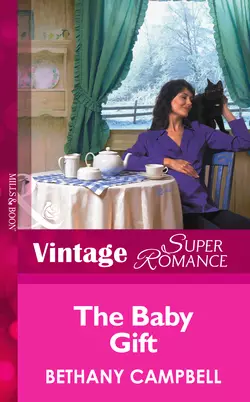The Baby Gift

Bethany Campbell
Тип: электронная книга
Жанр: Современные любовные романы
Язык: на английском языке
Стоимость: 150.68 ₽
Статус: В продаже
Издательство: HarperCollins
Дата публикации: 16.04.2024
Отзывы: Пока нет Добавить отзыв
О книге: A good mother will do anything to save her child. Briana Morris is definitely a good mother.Josh Morris travels the world in search of its stories. Briana Morris′s whole world is a single small farm. They met and married and divorced in little more than the wink of an eye. But together they managed to create one perfect thing–their daughter, Nealie.Now Nealie has been diagnosed with a rare and dangerous form of anemia. Her best hope for survival is a transfusion from a sibling. But Nealie has no siblings. To save her daughter′s life, Briana must do the unthinkable–contact Josh and convince him to father another child.